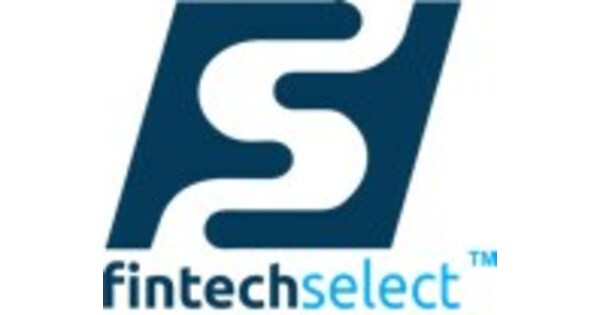What Is The Next Million Dollar Opportunity In Crypto?
There is little room for debate about the phenomenal growth of digital currencies seen in recent times. The use of cryptocurrencies, such as Bitcoin (BTC) and Ethereum (ETH), has only continued to evolve over the past few years, fueling the crypto industry’s massive expansion.
Crypto’s offering for Web3 and beyond
The cryptocurrency sector has given the world groundbreaking technological innovations that have been widely applauded and embraced to some extent. These include the introduction of tokenization, decentralized swaps, stablecoins, staking and farming, as well as the minting of digital collectibles, often referred to as NFT collections.
Read more: Check out the top 10 DeFi lending platforms in 2023
Amidst all the excitement surrounding these innovations, there has been significant development in establishing and improving the underlying blockchain infrastructure as well. ZK Rollups, which make use of zero-knowledge proofs, commonly known as ZK proofs, are one such example that has received a lot of attention both in the Web3 world and beyond.
What are Zero-Knowledge Proofs?
The technology enables a form of proof that verifies the authenticity of data without actually revealing the data itself. In the context of blockchain, ZK proof can help solve a key problem: privacy. Using ZK proof, individuals can authenticate their identity and transactions without revealing any additional information.
To break it down in simpler terms, for example, a user can prove they have enough funds to make a purchase without revealing their balance. This is achieved by breaking down the information into smaller parts, and each part is encrypted in such a way that only the user can decrypt them. By decrypting these smaller pieces and verifying them, the system can be sure that the user has the necessary funds without revealing the user’s actual balance.
The potential for ZK proof is great, as it enables a level of privacy unmatched by traditional forms of authentication. This has attracted the attention of many in the cryptocurrency space as it could lead to significant improvements in privacy and transaction security. Polygon’s (MATIC) price recently witnessed a massive increase after it announced the launch of the zkEVM mainnet in March which uses this technology to bring additional uses and benefits to the blockchain.
ZK Proofs Get EU approval
Nevertheless, crypto is not the only area where ZK proof is gaining traction. They have also made it into the European Parliament. The use of such evidence has been formally incorporated by EU laws in their negotiating positions with the Council on the regulation of digital identity and related apps.
Zero-knowledge proofs will be incorporated into EU digital identification legislation and future EU apps, unless the council strongly disagrees – giving people more control over their personal data. This will in turn increase trust in digital transactions, and facilitate cross-border interoperability of the EU’s eID solutions. The proposal also encourages the use of privacy-enhancing technology throughout the EU, which will help create a safer and more privacy-friendly online ecosystem for all users.
In addition, the European Digital Identity wallet will make it possible to verify claims derived from personal data identification or attestation of attributes without the user having to provide source data. This will ensure that the user’s privacy is maintained.
The EU’s decision to incorporate zero-knowledge proof into its digital identity laws sets a precedent and also validates the use of such protocols in the conventional world. As the cryptocurrency market continues to grow and develop, the potential for ZK proof to play a key role in its development is becoming increasingly apparent. With the potential to improve scalability, reduce costs and provide new opportunities for both growth DeFi and government initiatives – ZK proof could be the next big thing in the cryptocurrency world.
Also read: US Voters Can Now Donate In Crypto To Politicians; However, conditions apply


